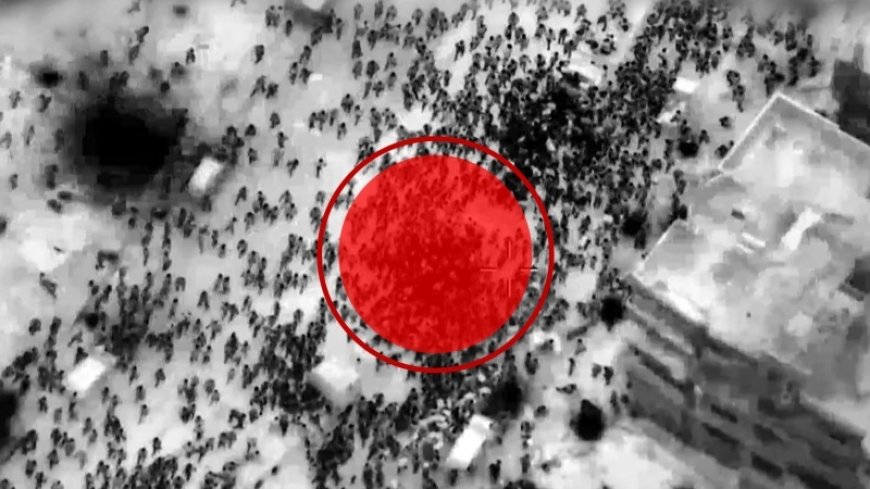Israeli Strikes on Gaza Food Centers Raise Global Alarm
On February 29, 2024, a food distribution center on Al-Rashid Street in Gaza became the site of a deadly attack. Israeli forces opened fire as aid trucks unloaded food for desperate civilians, killing 118 and injuring more than 750.

A food distribution station on Al-Rashid Street in Gaza turned the scene of a fatal attack on February 29, 2024. As relief vehicles loaded food for starving citizens, Israeli forces opened fire, killing 118 and wounding around 750. As tanks and snipers aimed hungry men, women, and children, witnesses detailed a chaotic sight. This episode was one of numerous in which violence interfered with the delivery of humanitarian relief in Gaza.
Accessing Gaza has become more challenging for aid agencies. Due to Israeli-imposed limitations, the World Food Program estimates that by October 2024 the UN could be meeting fewer than 30% of Gaza's needs. Families in northern Gaza went without food or water during a forty-day siege. Israeli forces opened fire onto three aid-carrying trucks arriving in Beit Hanoun, driving residents to escape. Other trucks headed for Jabalia and Beit Lahia were turned away, leaving children to survive off of grass.
Out of more over 300 petitions, Israel has only approved less than 30 permits for assistance vehicles since May 2024. In November, Israel stopped 27 of the 31 intended humanitarian trips according to UN spokesman Stephane Dujarric. Lack of food, water, and gasoline has therefore caused bakeries, kitchens, and hospitals to close. With almost 320 humanitarian professionals deceased since October 2023, 2024 is the bloodiest year UN personnel have ever recorded. Gaza is now classified as the most dangerous area for assistance workers.
While the Biden administration supports the embargo by arming Israel and vetoing UN ceasefire resolutions, it has encouraged Israel to allow humanitarian relief. The United States was the only opposing vote (14-1) against a Security Council resolution urging a ceasefire on November 20. Critics charge the US of supporting Israeli tactics in Gaza while neglecting violence in the West Bank and Lebanon, therefore aggravating the problem.
Advocates of human rights and international bodies have demanded responsibility. Inquiring about Israeli Prime Minister Benjamin Netanyahu and his colleagues for possible war crimes has been asked of the International Criminal Court (ICC). Many, however, contend that punishment should also reach those who backed these policies from the United States and Europe. Gaza's humanitarian situation gets more worse meantime as its people keeps suffering terrible violence and hunger.













































